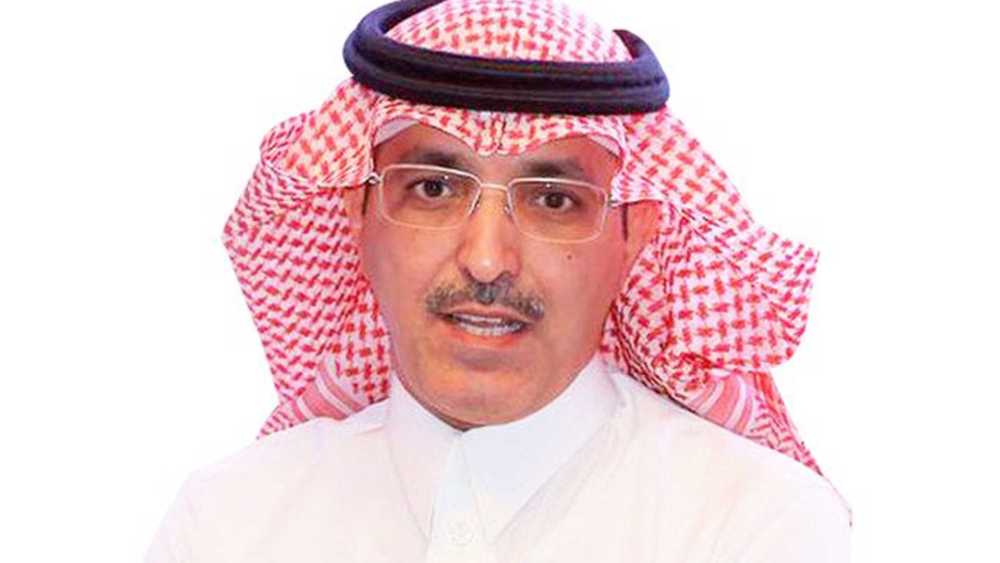Saudi Arabia Finance Minister announced on May 11 that the kingdom will triple its Value Added Tax (VAT) and halt paying a cost of living allowance to state employees with the finances hit hard due to pandemic. Finance Minister Mohammed al-Jadaan reportedly said that the VAT will be increased to 15 per cent from earlier 5 per cent as of July 1, and the cost of living allowance will be suspended as of June 1.
According to Saudi’s state news agency, the Finance Minister called the measures “painful” but necessary measures to overcome the unprecedented crisis caused by Coronavirus pandemic. He said that the austerity measures will help maintain financial and economic stability over the medium to long term. The decision comes after the minister indicating last week that the budget expenditures will be reduced “sharply”.
Saudi’s economy, which is largely dependent on crude oil, took a massive blow due to demand crunch all over the world. plummeting oil prices. Last month, the Organization of the Petroleum Exporting Countries (OPEC) said that the ramifications of COVID-19 response have resulted in “unprecedented” worldwide oil demand shock.
Massive sell-offs
In its monthly market report, the oil cartel said that it demand shock led to massive sell-offs in the global oil markets amid a significant crude surplus. According to the report, the world oil demand growth forecast for 2020 has been revised lower by 6.9 million barrel per day to a historical drop of around 6.8 million barrel per day.
The demand shock forced the OPEC and allies to agree to a historic 9.7 million barrel per day production cut to contribute to the efforts aimed at stabilizing the market. The deal was agreed by all participants after there was a deadlock because of Mexico not giving consent to an earlier deal which proposed a 10 million barrel per day.

